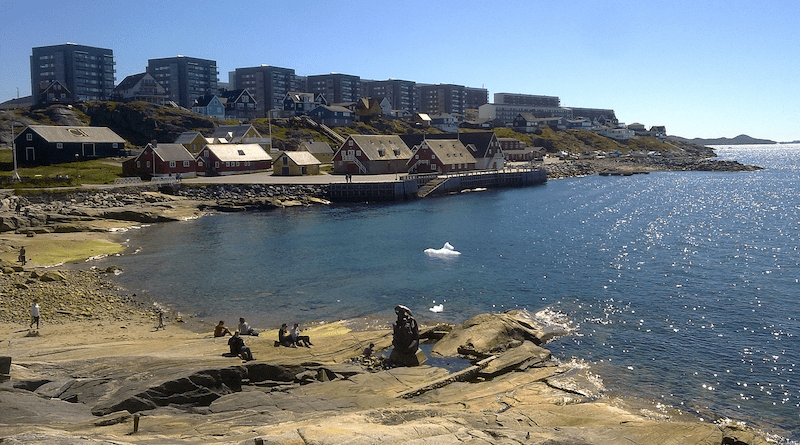Moscow Sees Greenland’s Moves Toward Independence As Part Of US-UK Plot Against Russia – OpEd
By Paul Goble
Twenty years ago, novelist John Griesemer’s dystopian book, Nobody Thinks of Greenland, captured the dominant attitude of most of his fellow Americans about the world’s largest island abutting the Arctic Sea. But that viewpoint, which in fact was never completely true, has been changing radically over the last several years.
Former US President Donald Trump’s proposal in 2019 that the United States purchase Greenland from Denmark sparked some attention and the fury of people both in Denmark and in Greenland. Now, the world’s largest island is attracting even more as Copenhagen has handed over a draft constitution to Greenland which could open the way to independence.
That accord allows for three possible developments: the continuation of Greenland’s status as a self-governing region under Danish control, the elaboration of something like Puerto Rico’s status in the case of the United States, or complete independence. Russians are worried about the latter because they believe this would allow the US and the UK to control it.
Greenland possesses enormous reserves of oil and gas, water, and minerals, including numerous rare earths, Russian analyst Aleksey Baliyev says; and that makes it a place of interest for the US and the UK. But even more it gives them additional leverage against Russia in the Arctic (vpoanalytics.com/2023/05/20/ostrov-grenlandiya-na-grani-nezavisimosti-pooshhryaemoj-anglosaksami/).
“Like the Faroe Island which have resisted anti-Russian Western sanctions” — see windowoneurasia2.blogspot.com/2023/05/the-faroe-islands-autonomous-part-of.html – he says, today “the Greenland autonomy remains outside of the EU and until recently cooperated with Russia as it did with the USSR.”
In December of last year, the West pressured Greenland to suspend its cooperation with Moscow; but significantly, Baliyev says, the document announcing this did not mention the war in Ukraine but rather suggested that such a suspension was needed because of the exhaustion of resources, wordage that Moscow sees as suggesting that Greenland still wants to cooperate.
According to the analyst, if Greenland became independent, the US and the UK would exercise more influence there and do so against Russian interests in the Arctic. The US recently opened a US AID office in Nuuk, and Baliyev suggests Washington is using that office to promote independence for Greenland.
Russia has expected conflict with the West over Greenland for some time – see this author’s May 2020 article at jamestown.org/program/russia-expects-growing-conflict-with-us-over-greenland/ — but the collapse of the Arctic Council, China’s rise in the region, and the potential changes Greenland’s independence would make have clearly intensified such concerns.

